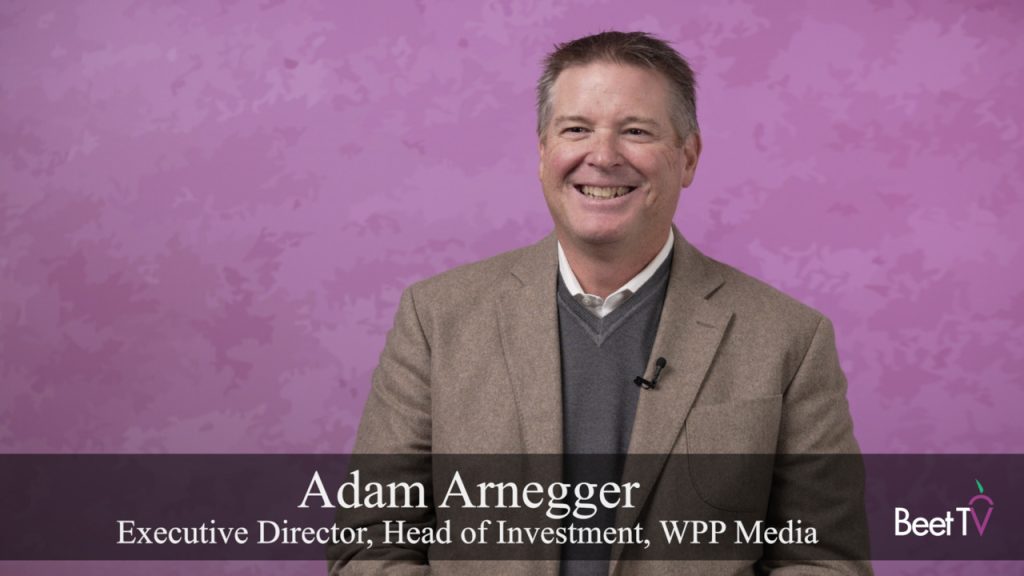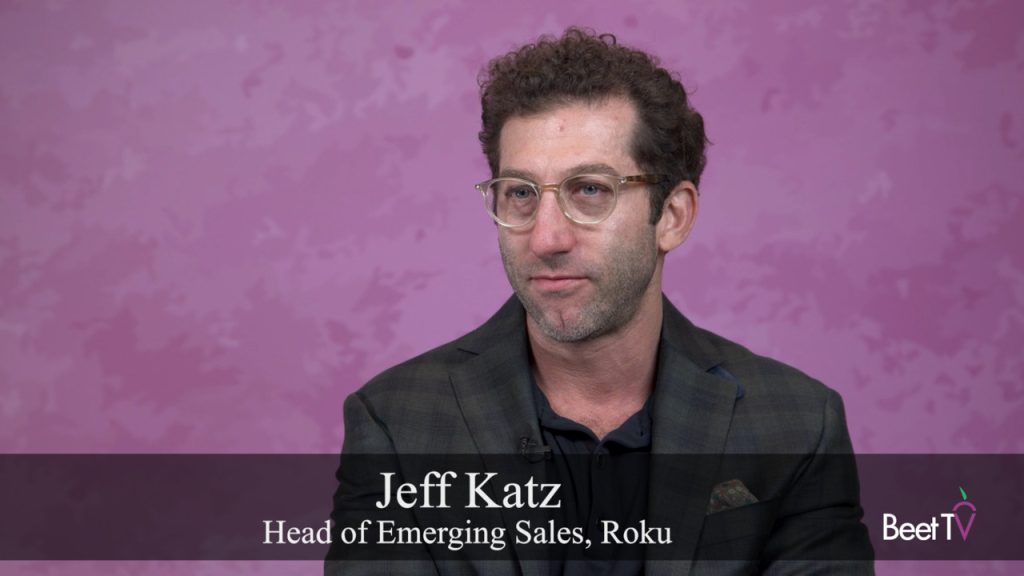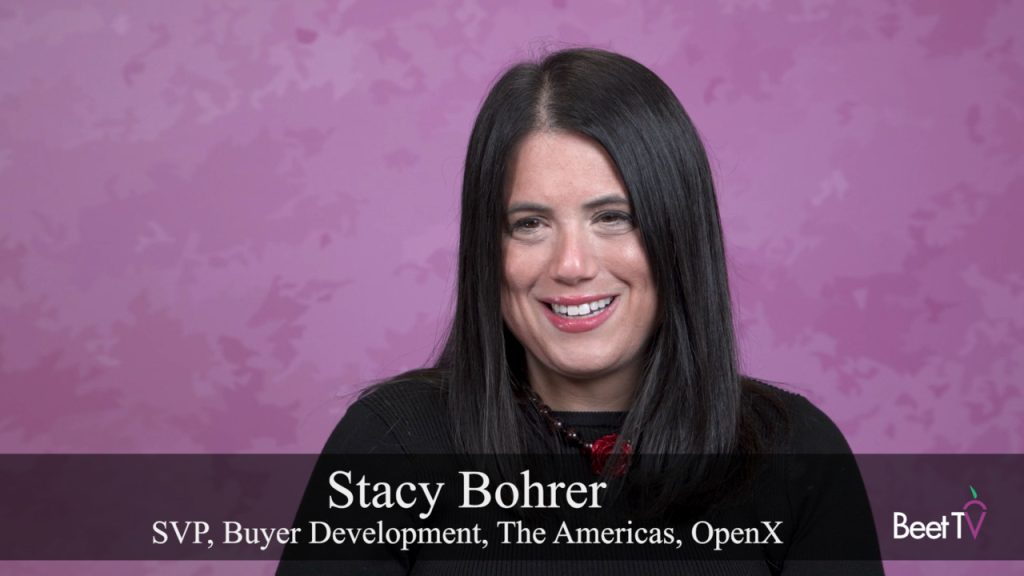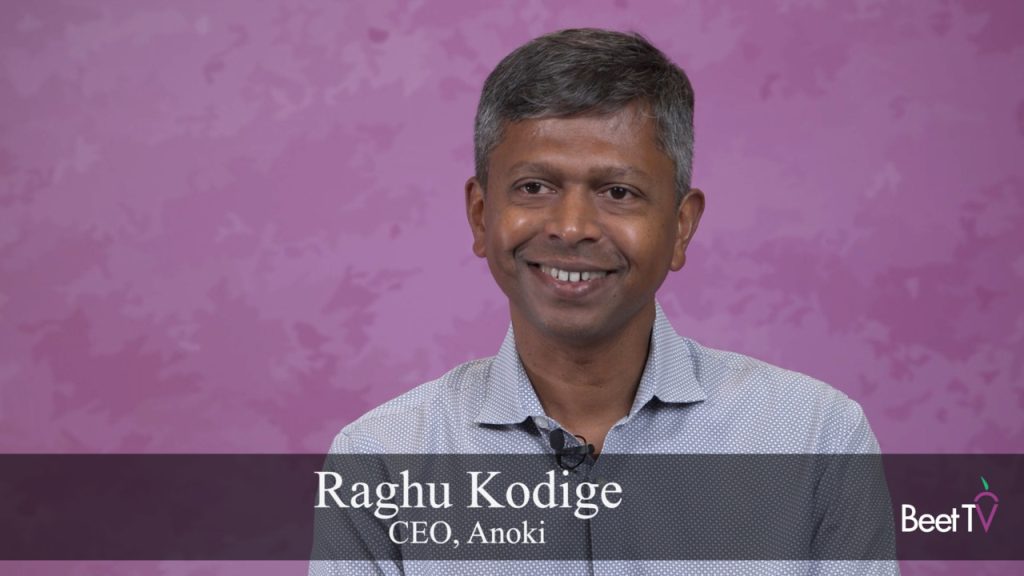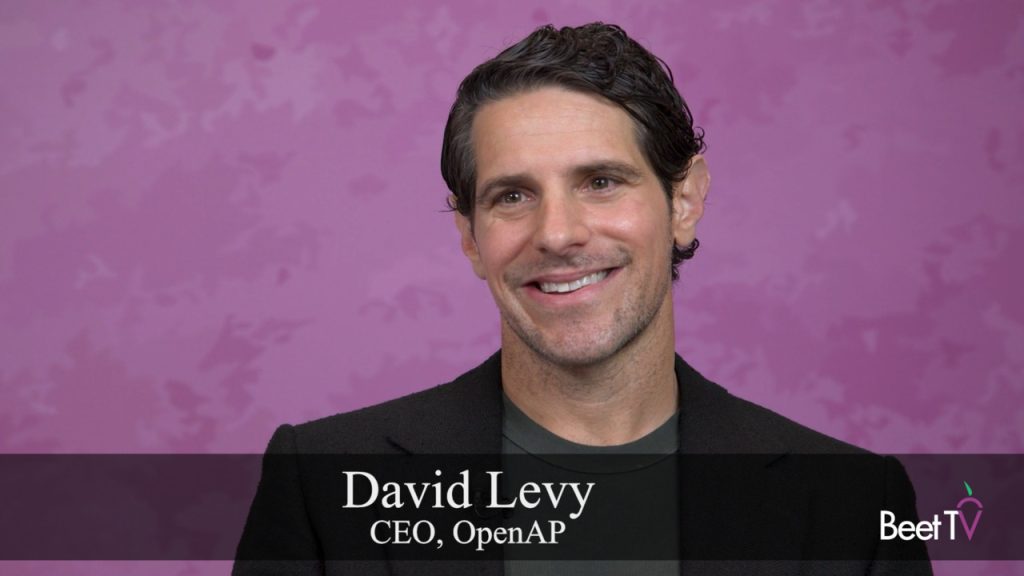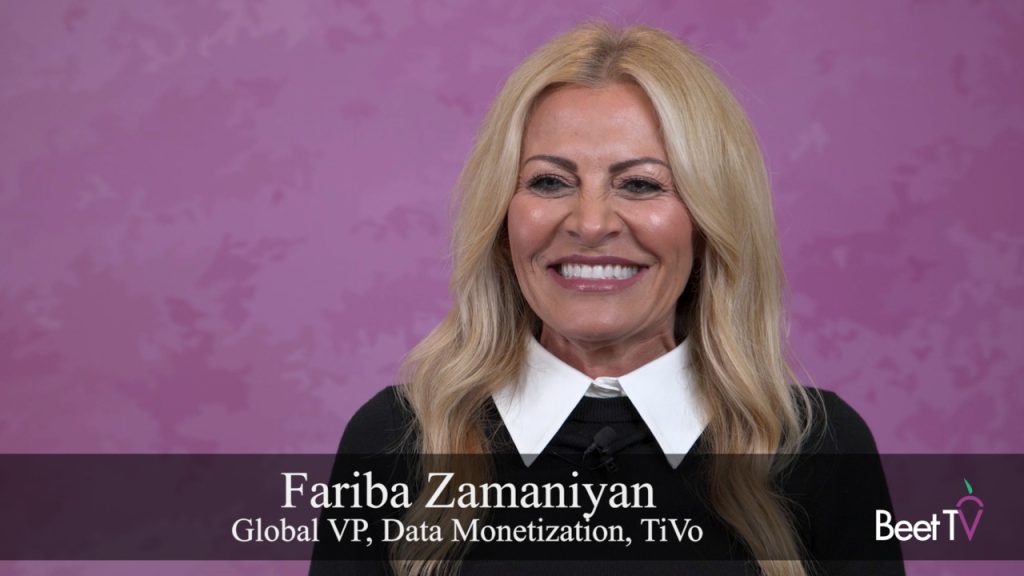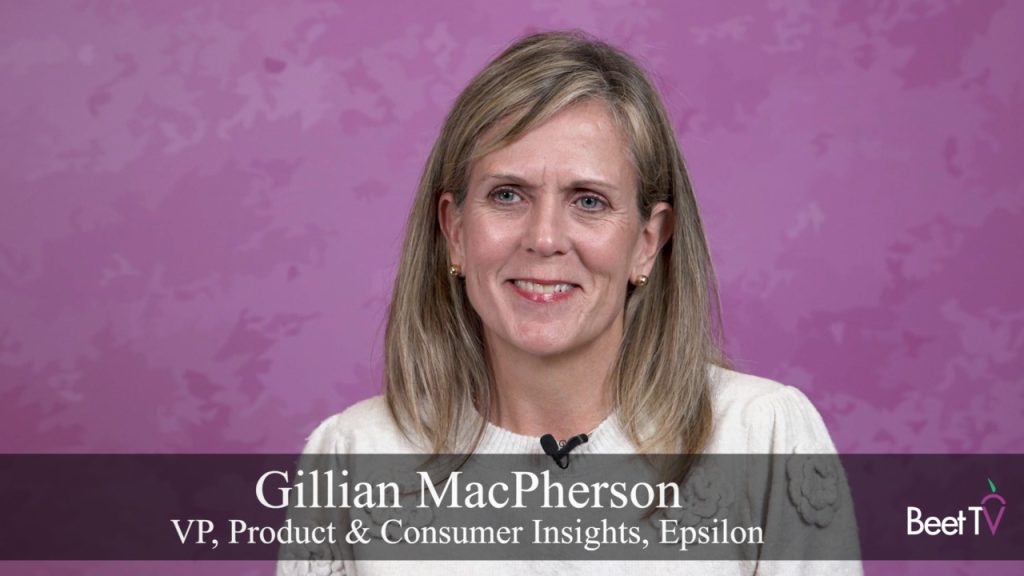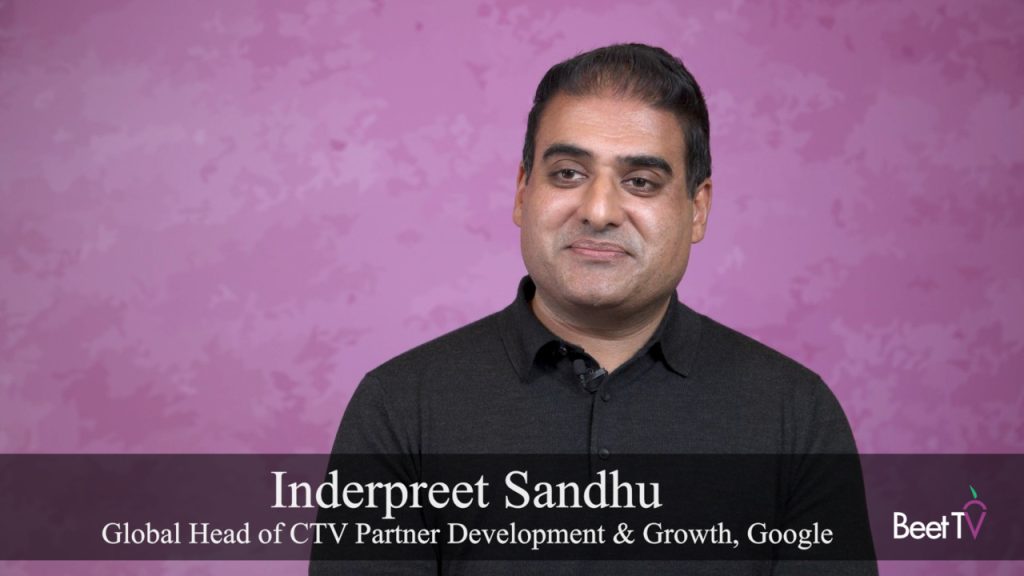Don’t call it a comeback but, after coming through a period in which a slowdown was capped by new regulation, MarTech consolidation may be back in-play.
So says Terry Kawaja, the M&A advisor who has had a hand in many of the biggest media and advertising tech deals of the last decade.
Despite fears that GDPR and an American equivalent could nix many modern ad-tech practices, Kawaja notes that the lights are still on and deals are still being done – in precisely the area thought to be under threat.
“Roll back the clock just four months and everyone was paralyzed in fear of GDPR and the implications of enhanced privacy regulations,” the LUMA Partners CEO says in this video interview with Beet.TV. “Everyone was sort of tied up, frozen, waiting to see what was gonna happen with the tectonic plate-shifting, mega-media deals.”
Kawaja acknowledges the uncertainty slowed the market down, with a “very, very light” start to 2018. After GDPR’s passage in May, however, Kawaja notes ad-tech acquisitions of IAS, AppNexus, Acxiom, MediaMath and Dataorama totalling $8 billion…
The summer of big data deals continues! GDPR = Great Deals Persist Regardless. pic.twitter.com/szvEZcwFpo
— Terence Kawaja (@tkawaja) July 16, 2018
“Six deals totalling over $8 billion at really frothy valuations. Is it over? It is far from over,” Kawaja declares.
Perhaps he would say that. As an investment banker, LUMA exists to help companies get invested or acquired, while Kawaja claims to have advised on transactions totalling $300 billion in 20 years.
Speaking with Beet.TV, Kawaja speculates that, as the industry goes back to school, big fall deals could emerge…
- “Already, there are rumors about Liveramp being in play; we may or may not see a transaction there. If we do, it’ll reflect their scarcity value and be a very high valuation indeed.”
- “Most recently, rumors of an Adobe-Marketo, which, by the time this airs, may actually be reality, at yet another eye-popping valuation.”
- “Let’s not forget Nielsen announcing that they’re officially in play with activist shareholders.”
The price of this latest trio being gobbled up? Another $20 billion, Kawaja reckons, noting: “[It’s] a massive sea change from where we were in the spring.”


























